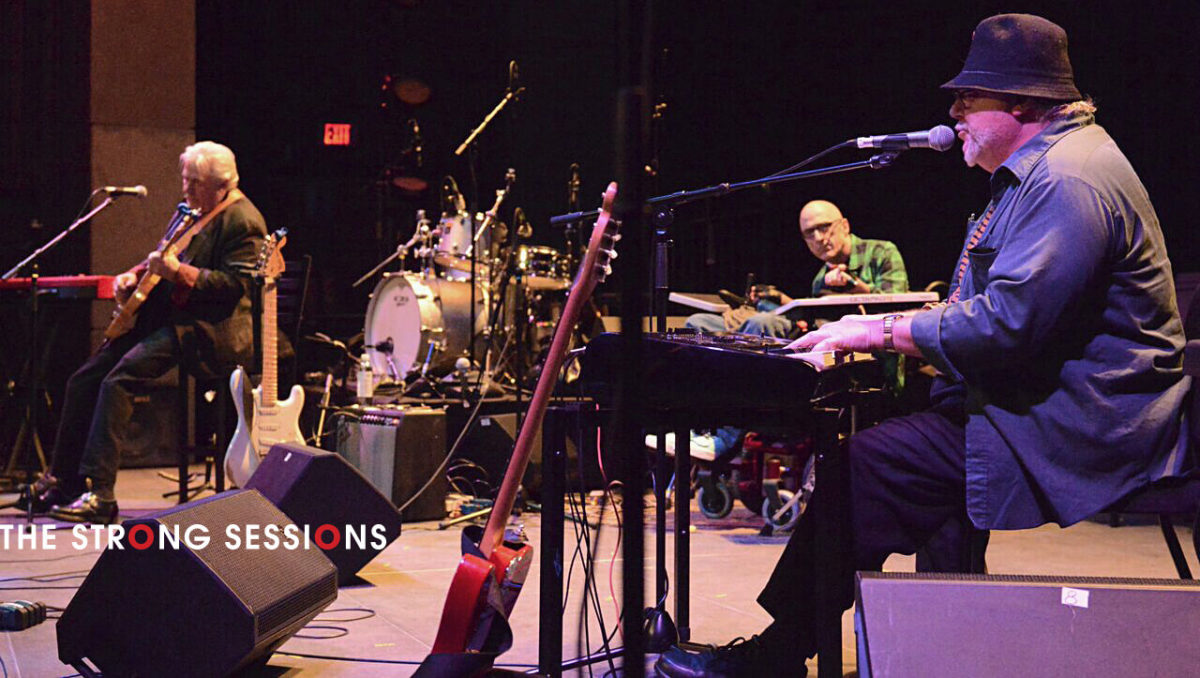“The Disability Foundation supports programs that create a higher quality of life and healthier human beings – happier, healthier people tend to be more community-oriented.”
Dave Symington
Adaptive musician and sailor Dave Symington, who became tetraplegic in a diving injury at age 19, believes “The Disability Foundation is changing attitudes and creating a better world.”
“Having options lifts me: just being able to put things on your calendar you can look forward to is… normal life.”
The programs we support inspire people with disabilities through outdoor activities like sailing, hiking and paddling, or through the self-expression that comes from music and gardening, or the independence that comes from custom assistive devices. We also support participants to access other community resources.

We do this because we believe in inclusion. People tell us of the need to re-invent themselves following spinal cord injury, and people born with medical conditions such as cerebral palsy talk of how they grew up feeling excluded from many day-to-day activities. It’s about reimagining what’s possible.
According to the Christopher & Dana Reeve Foundation, people with disabilities are possibly twice or three times as likely to be medically diagnosed as depressed than able-bodied individuals. “While about 10 percent of the U.S. non-disabled population is said to be moderately or severely depressed, research shows that about 20 to 30 percent of people with long-term disabilities are living with depression.”
Suicidal thoughts, it continues, are highest within the first five years after injury when “people are still navigating their new world.” It suggests that one of the risk factors is a lack of a support network. (We highly recommend peer counselling in the immediate aftermath of SCI.)
“An acquired disability highlights any issues you were already dealing with,” explained Dave, who had a decade of lows following his injury. “It magnified my own body image issues and self-consciousness around fitting into social groups.”
He rebuilt his self-image through shared activities with similar individuals, he explained, as you need to be positive to reinvent yourself. “The Disability Foundation facilitates positive activities and interactions. You don’t worry what you look like or the level of your disability because it opens up possibilities.”
Accessible outdoor action
Adapted sailing became the main outlet for Gerry Burns following his injury, allowing him a fast-paced and highly-focused outlet.
“The learning curve in sailing goes on forever,” he said. “It’s thrilling and aggressive when you are up against other people. The wind is howling, and the boat is leaning right over, and everyone’s flying! Waves are breaking over the bow but no-one is backing off – it feels like you are living on the edge.
“And at other times you can be out on English Bay enjoying the awesome scenery and wildlife popping up, like seals and eagles, and you’re catching some rays feeling totally independent. Often I’ll look at the whole city of Vancouver and the mountains, and think I’m the luckiest guy in the country. I’m quadriplegic but the luckiest guy in the country.”
A 2017 academic study of our BCMOS adapted hiking program, led by Ben Mortenson of Vancouver Coastal Health Research Institute, found: “Creating effective programs that improve access to the outdoors can lead to better quality of life for individuals with physical impairments.
“Numerous benefits to the TrailRider program are identified. . . including how it connects participants with nature and supports the formation of social bonds among participants and volunteers.”
Our programs redefine what’s possible for people with disabilities – and this is all made possible by the generosity of people like you.
